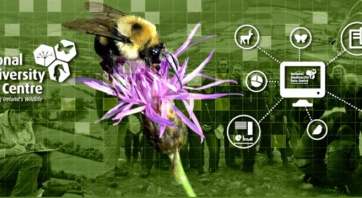Overview
The Discovery Programme: Centre for Archaeology and Innovation Ireland is an all-island centre for archaeology and heritage science.
Its core objectives are the enhancement of the understanding of Ireland’s past, primarily through the interpretation of its archaeological record, and the communication of that understanding to as wide an audience as possible.
Programmes
The Discovery Programme focuses its work on three key areas to ensure the delivery of this objective
- Providing research leadership by working with the archaeological community to develop a research framework for archaeology on an Ireland wide basis. This will be achieved through a programme of consultation with the archaeological profession, academics, local societies and other stakeholders. Ongoing The Discovery Programme research projects; CHERISH, Tara Research and Digital Replicas demonstrate the underlying principle of employing innovative approaches to the analysis, interpretation and presentation of data.
- Supporting the research community and policy making by developing an integrated digital ecosystem to archive all digital archaeological research data in trusted and accessible repositories, to ensure its preservation and facilitate access to it for research. The Discovery Programme will continue to support Government agencies and cultural institutions in the application of best practice in the recording, conservation, and promotion of the historic environment including national monuments, historic buildings and archaeological objects. This action will be undertaken with particular regard to the challenge of the climate crisis. The CHERISH project contributes to the heritage-related elements of the recently published Climate Action Plan.
- The Discovery Programme delivers a range of public engagement activities aimed at the general public and details can be found on the website www.DiscoveryProgramme.ie as well as on social media channels. The engagement with the archaeological profession is built around actions outlined under the first two priority areas; Research Leadership and Research Community and Policy Support.




